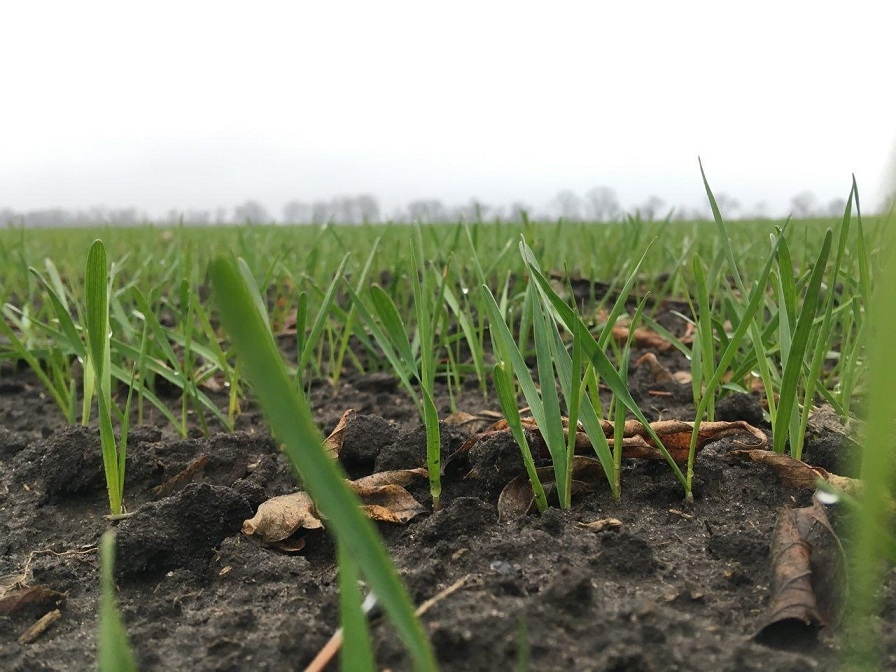US rainfall and favorable weather in the Black Sea region contribute to a good harvest

In the United States, sowing rates accelerated sharply and almost reached the average 5-year level. Sowing of spring wheat is somewhat delayed due to unfavorable weather in the Northern Plains, but rainfall is increasing, which reduces the state of drought in the region.
In the northern plains in early May there were heavy rains, which stopped last week and allowed to accelerate the sowing of spring wheat, but from next week precipitation will increase. Heavy rains are falling in the Southern Plains, which will continue for another week and will gradually spread to the northern regions. Precipitation will no longer be able to improve the condition of winter crops, but will replenish moisture reserves for spring crops.
In the US corn belt, warm weather with periodic heavy rains promotes sowing and development of corn and soybean crops. Next week in the Midwest will be favorable for sowing dry weather, and then there will be heavy rains again.
Canada is accelerating the sowing of spring crops. Next week, the prairies will host moderate rains, which will improve the situation in the regions affected by the drought in the fall.
In the Black Sea region , moderate temperatures and periodic precipitation contribute to crop development, but next week the amount of precipitation will decrease and the temperature will increase.
There is a deficit of precipitation in the south and in the center of Ukraine , so the expected increase in temperature next week will adversely affect the crops of spring crops. Sowing works are being carried out in the unoccupied territories, but sowing areas will be reduced by 15-20%.
In the central part of Brazil , dry weather persists, which has a negative effect on second-harvest corn crops. In the south of the country there is cooler weather with showers, which contributes to the pollination of corn and the development of winter wheat crops.
In Argentina this week, the cold front brought rains, albeit small, to wheat-growing regions. Rains with gusts of very cold air can also be a weekend. Heavy rainfall is now needed to produce wheat seedlings and develop them, while low temperatures will make the seedlings uneven and weak.


